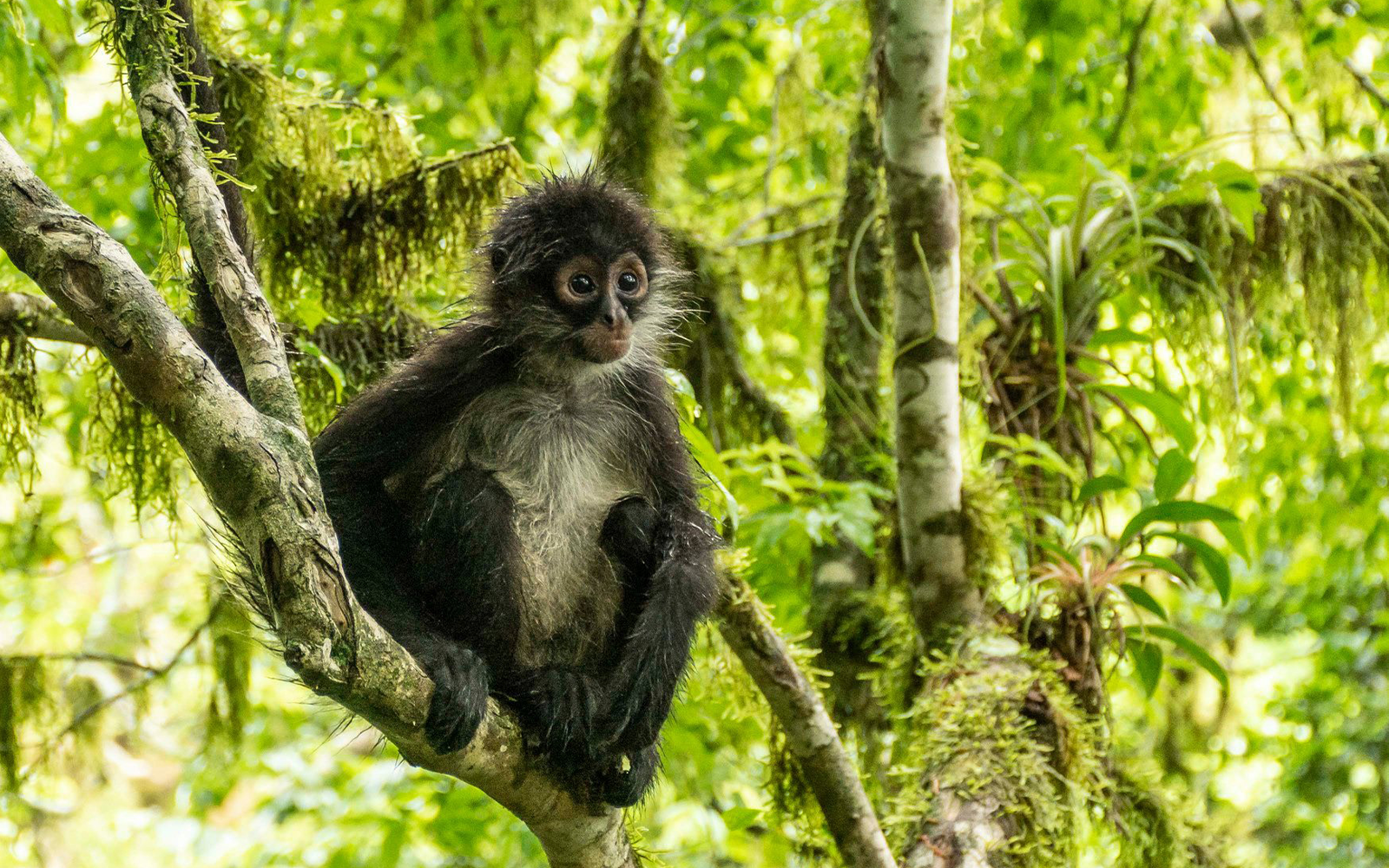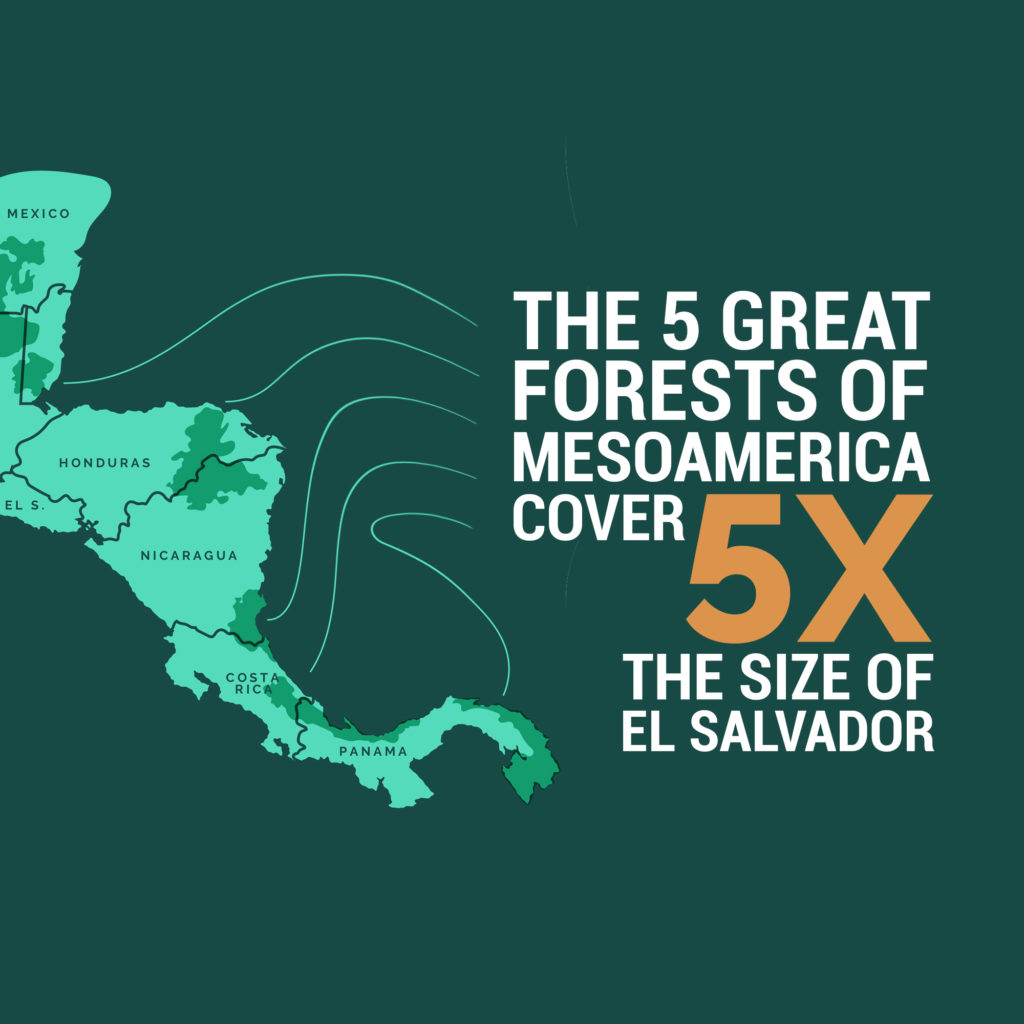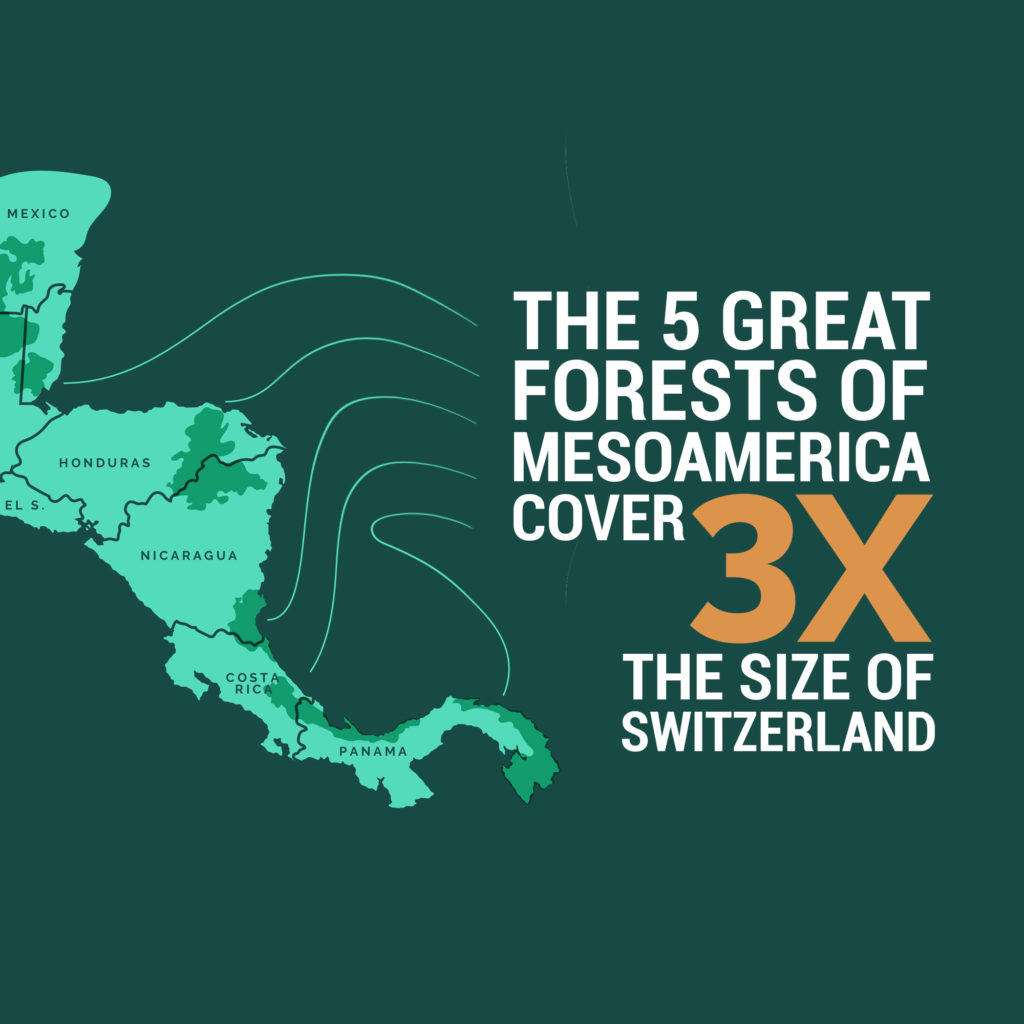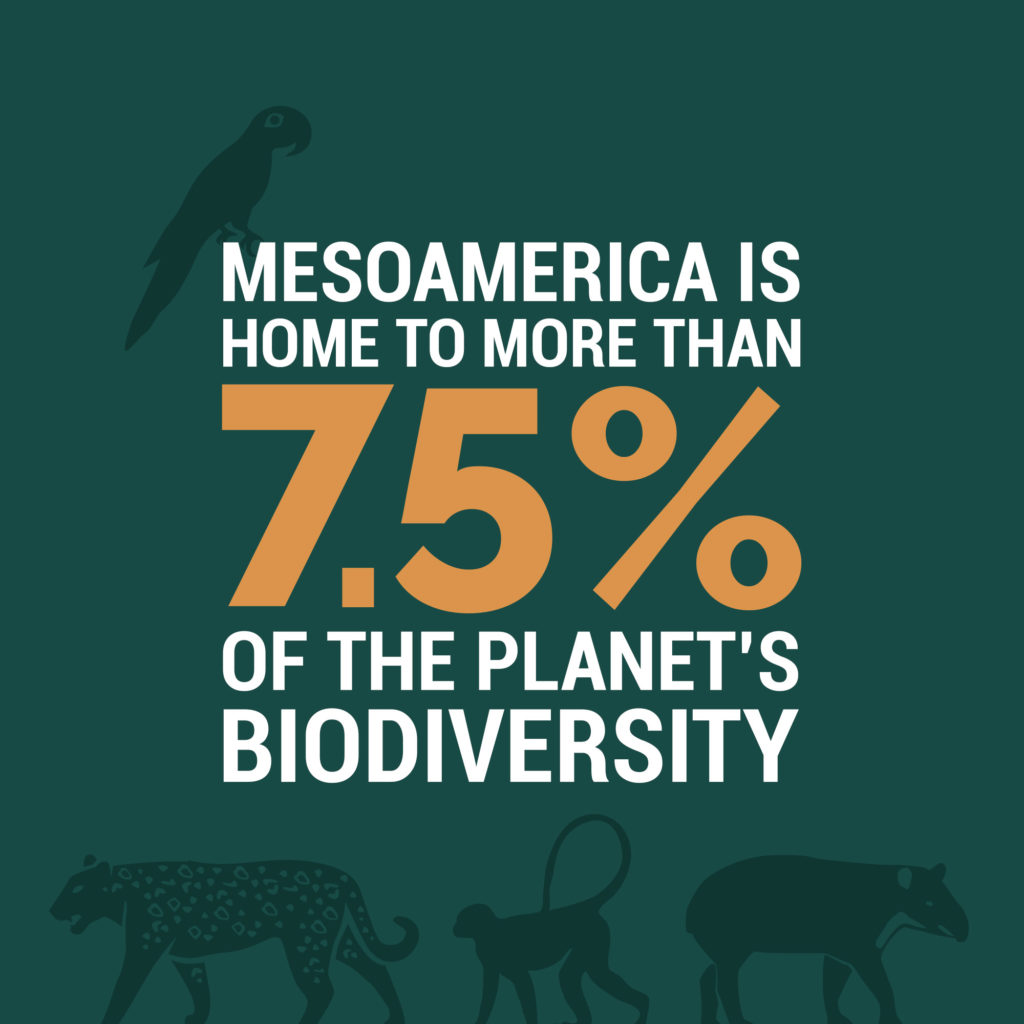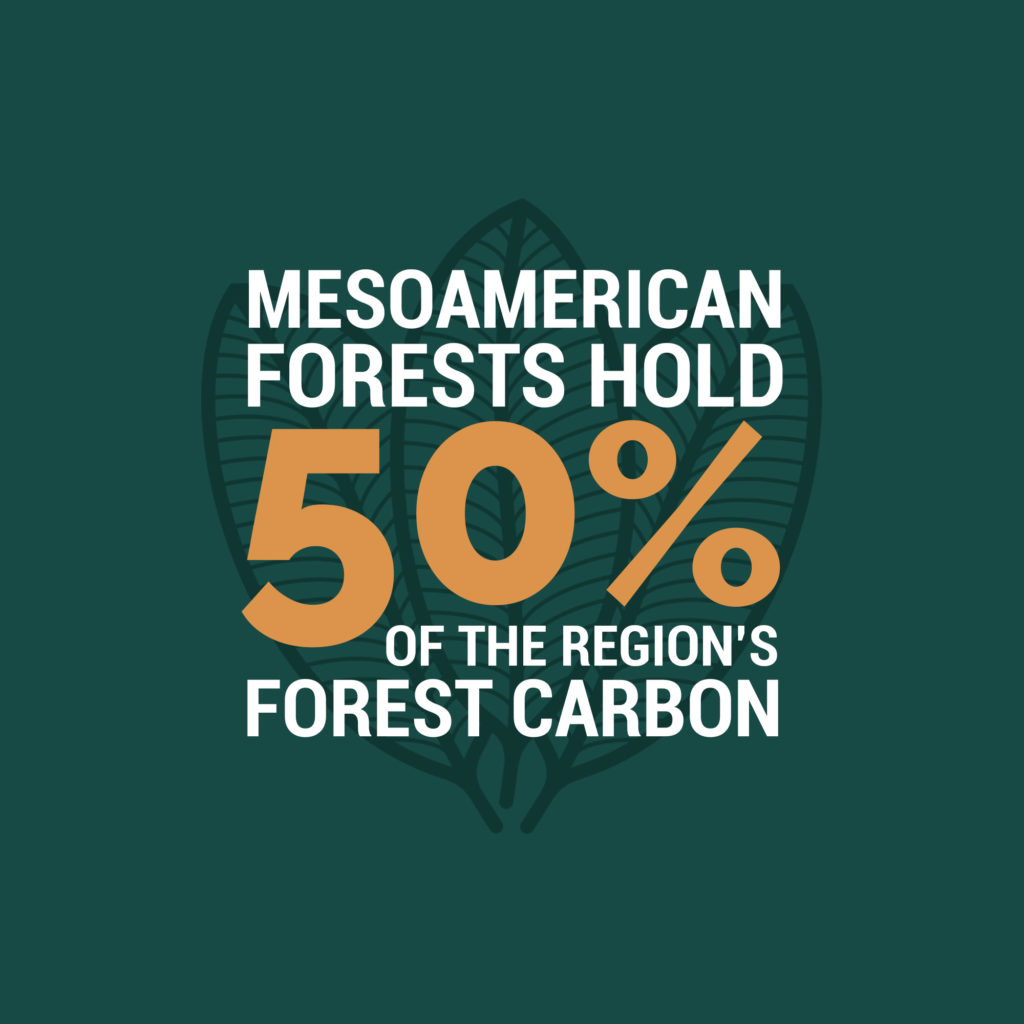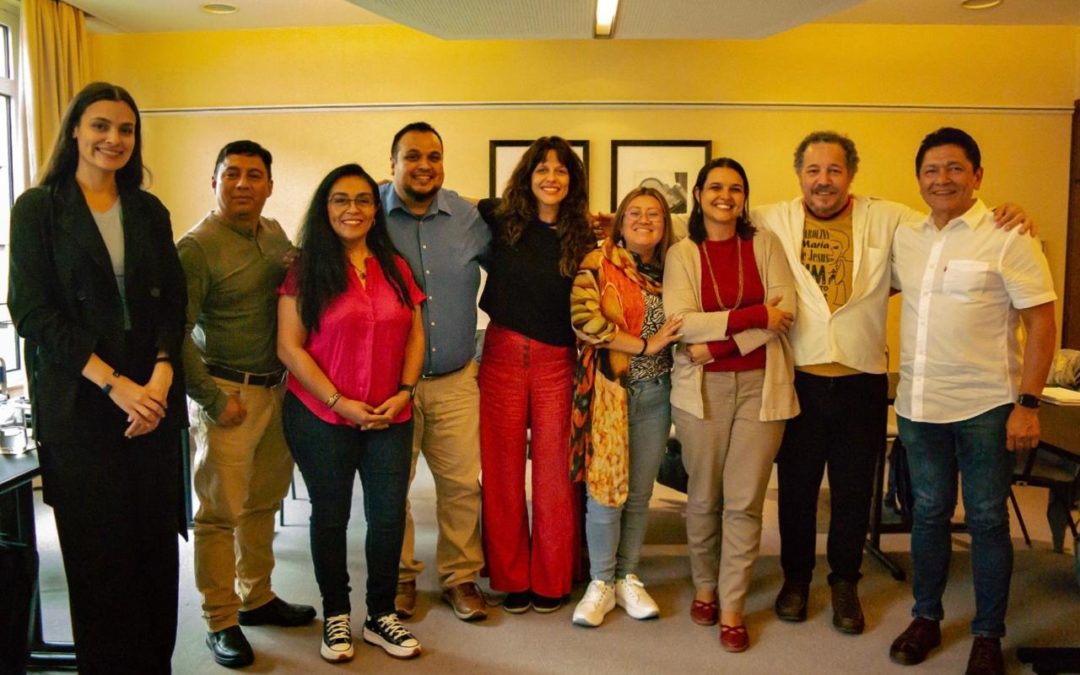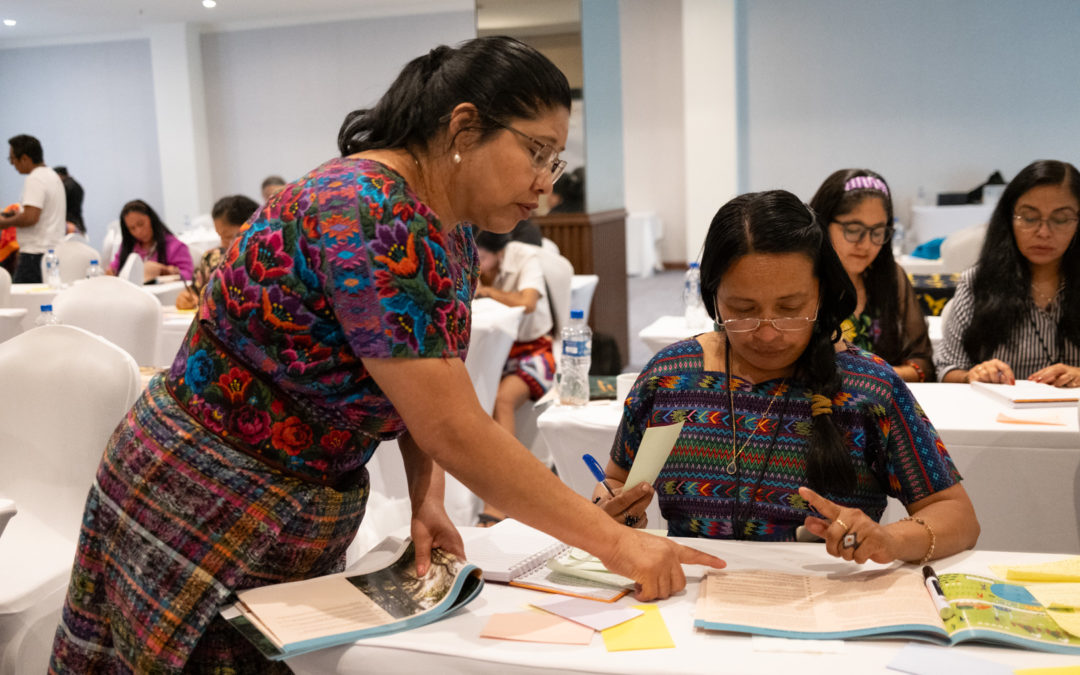- EU support will enable WCS to work collaboratively with the Central American Commission for Environment and Development, Re:wild, Mesoamerican Alliance of Peoples and Forests, Alliance of Bioversity International and CIAT
- Other partners include governments, civil society, research partners, and Indigenous Peoples who will collaborate to transform agriculture and food systems to adapt to and mitigate climate change, protect biodiversity, and improve livelihoods
- Mesoamerica’s people, culture, biodiversity, economic health, resilience to climate change—the very essence of Mesoamerica—all depend on the Five Great Forests
- Goal is to promote local economic stability, decrease human migration, and protect local and Indigenous Peoples’ rights while conserving biodiversity and forests with high ecological integrity
NEW YORK (Date) – The European Union will support the Five Great Forests initiative, a successful collaboration to protect Mesoamerica’s five largest forests—the last remaining intact forests from Mexico to Colombia critical to the region’s people, culture, biodiversity, economic health, and resilience to climate change.
Through the EU DeSIRA (Development Smart Innovation through Research in Agriculture) initiative, the Mesoamerican Alliance of Peoples and Forests (AMPB) will work collaboratively with WCS (Wildlife Conservation Society), Central American Commission for Environment and Development (CCAD), Re:wild, Alliance of Bioversity International and CIAT, governments, civil society, research partners, and Indigenous Peoples to co-create a replicable model that will transform agriculture and food systems affecting Mesoamerica’s Five Forests to adapt to and mitigate climate change, protect biodiversity, and improve livelihoods.
The five great forests include the Maya Forest in Mexico, Guatemala, and Belize; the Moskitia in Nicaragua and Honduras; the Indio Maíz-Tortuguero in Nicaragua and Costa Rica; the Talamanca Region in Costa Rica and Panama; and the Darien in Panama and Colombia. Together, they cover more than 120,000 square kilometers (46,332 square miles). They are home to more than 7.5 percent of the planet’s biodiversity, such as the jaguar and endangered Baird’s tapir, hold nearly 50 percent of the region’s forest carbon, and provide important ecosystem services to 5 million people, including clean water, clean air, food security, and climate stability.
“As part of the European Green Deal, the EU seeks to support its partners to safeguard their natural ecosystems, to tackle climate change and to halt biodiversity loss. Our contribution to the Five Great Forests of Mesoamerica Initiative is an expression of that commitment and it reaffirms our conviction that nature is essential in securing prosperity and combating poverty, hunger and inequalities. We believe it’s an innovative regional approach that could serve as a model for other important forested regions,” said Borja García Hidalgo, Political Counsellor of the Delegation of the European Union to El Salvador and to the Central American Integration System (SICA).
Said WCS Regional Director for Mesoamerica and the Caribbean, Dr. Jeremy Radachowsky: “At its heart, the initiative is collaborative, seeking inclusivity and partnership. The project will support the ‘Five Forests Alliance’ comprising the region’s governments, local and indigenous communities, private sector, universities and research institutions, and civil society. It will ensure actions are implemented within a collectively agreed upon and coherent plan that supports Indigenous and local communities and promotes gender equality as a key principle of local development, thereby harmonizing the efforts of Indigenous Peoples, civil society, and governments, and mobilizing resources to the most effective partners in each of the intact forests.”
Said Levi Sucre of AMPB: “The initiative will provide support to partners, including Indigenous territories and vulnerable forest communities. Collaboration with Indigenous partners & local forest communities is especially important. Indigenous and local forest communities manage half of the remaining forested area in the five forests, so they are both critical partners as well as primary beneficiaries of this project. The local and indigenous peoples around and within the Five Forests of Mesoamerica have time-proven, sustainable production models.”
Said CCAD Executive Secretary Jair Urriola: “The Ministers and Ministers of Central America and the Dominican Republic that comprise CCAD value the importance of the 5 Great Forests Initiative as part of the regional strategies to guarantee the welfare of people and the sustainability of the forests.”
“With this support from the EU, we will be able to continue to work with Indigenous and local communities on encouraging a region-wide transition from the environmentally destructive practice of cattle ranching, and instead build a more innovative future of alternative livelihoods that benefit both people and nature. We also have an opportunity to rewild the places in the Five Great Forests that have been turned into cattle pasture, restoring health back to these critical ecosystems,” said Dr. Christopher Jordan of Re:Wild.
“The Five Forest Initiative is committed to strengthening the role of forests in providing ecosystem services, safeguarding biodiversity and sustaining prosperous livelihoods over time and in line with local cultural values. This approach requires a multidisciplinary approach on the one hand, and on the other hand the convergence of different types of actors to provide context-relevant solutions. For this reason, this initiative brings together different actors (governments, civil society, research organizations, environmental conservation experts, and Indigenous Peoples) to co-design these solutions. As a research center we are honored to participate in this partnership.” Dr. Marcela Quintero, Director of Multifunctional Landscape at the Alliance of Bioversity International and CIAT.
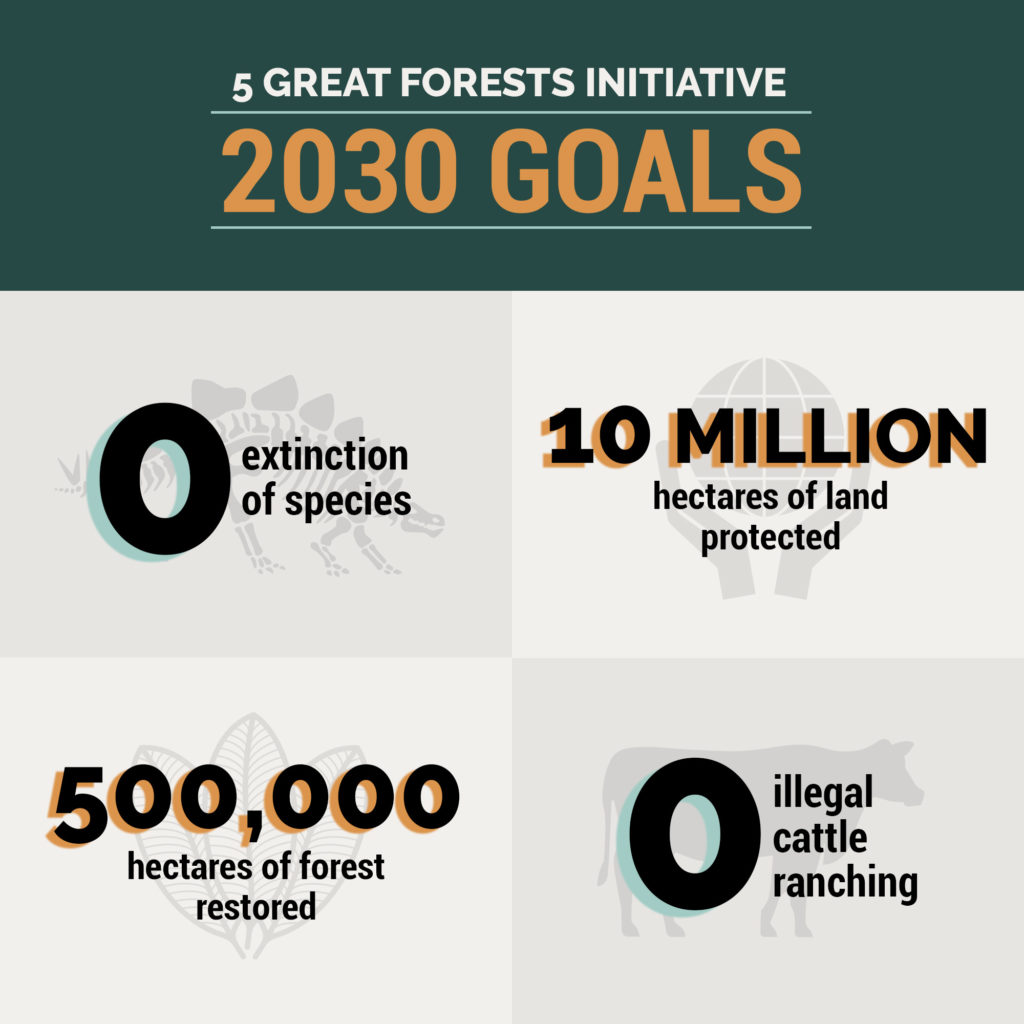
Climate and forest-resilient agriculture: Climate-resilient, forest-friendly, culturally appropriate, scalable alternative livelihoods to cattle ranching adopted by Indigenous and local communities of the Five Forests that will improve local economies, reinforce local resilience to climate change, and increase forest cover.
Restoration: Pilot restoration projects implemented in each of the Five Forests in areas reclaimed from cattle ranching to turn ranch land into productive forests that support local livelihoods.
Rebalanced policies: Mesoamerican governments rebalance policies and incentive programs to reduce pressures on forests and support identified alternative livelihoods, including increased forest restoration investment with rural communities.
Stop contraband: Mesoamerica’s governments address the illegal markets and transboundary trafficking of cattle that undermine sustainable, climate-resilient local development and promote high rates of deforestation.
Improved forest protection: Improved management, governance, and monitoring of forests, including surveillance, SMART patrolling, justice, and protection of environmental defenders, in state-protected areas and lands managed by Indigenous and/or rural communities.
WCS (Wildlife Conservation Society)
MISSION: WCS saves wildlife and wild places worldwide through science, conservation action, education, and inspiring people to value nature. To achieve our mission, WCS, based at the Bronx Zoo, harnesses the power of its Global Conservation Program in nearly 60 nations and in all the world’s oceans and its five wildlife parks in New York City, visited by 4 million people annually. WCS combines its expertise in the field, zoos, and aquarium to achieve its conservation mission. Visit: newsroom.wcs.org Follow: @WCSNewsroom. For more information: 347-840-1242.
Mesoamerican Alliance of Peoples and Forests (AMPB)
The Mesoamerican Alliance of Peoples and Forests (AMPB) is an organisation facilitating the coordination and exchange of territorial authorities that administer or influence major forested areas of Mesoamerica. Indigenous governments and community forestry organisations in the Alliance seek to strengthen their own dialogue. They focus on community management of natural resources, seeking jointly to influence governments and international cooperation strategies for biodiversity conservation and for the climatic mitigation. They integrate the rights and benefits of traditional and local communities in all their decision making. Find out more: alianzamesoamericana.org
Central American Commission for Environment and Development (CCAD)
The Central American Commission for Environment and Development (CCAD) was established with the mission of developing a regional regime for environmental cooperation and integration that contributes to improving the quality of life of the populations of its Member States.
Re:wild
Re:wild Re:wild protects and restores the wild. We have a singular and powerful focus: the wild as the most effective solution to the interconnected climate, biodiversity and pandemic crises. Founded by a group of renowned conservation scientists together with Leonardo DiCaprio, Re:wild is a force multiplier that brings together Indigenous peoples, local communities, influential leaders, nongovernmental organizations, governments, companies and the public to protect and rewild at the scale and speed we need. Re:wild launched in 2021 combining more than three decades of conservation impact by Leonardo DiCaprio and Global Wildlife Conservation, leveraging expertise, partnerships and platforms to bring new attention, energy and voices together. Our vital work has protected and conserved over 12 million acres benefitting more than 16,000 species in the world’s most irreplaceable places for biodiversity. We don’t need to reinvent the planet. We just need to rewild it—for all wildkind. Learn more at rewild.org.
The Alliance of Bioversity International and the International Center for Tropical Agriculture (CIAT)
The Alliance of Bioversity International and the International Center for Tropical Agriculture (CIAT) delivers research-based solutions that harness agricultural biodiversity and sustainably transform food systems to improve people’s lives. Alliance solutions address the global crises of malnutrition, climate change, biodiversity loss, and environmental degradation.
With novel partnerships, the Alliance generates evidence and mainstreams innovations to transform food systems and landscapes so that they sustain the planet, drive prosperity, and nourish people.
The Alliance is part of CGIAR, a global research partnership for a food-secure future.
